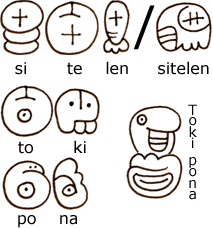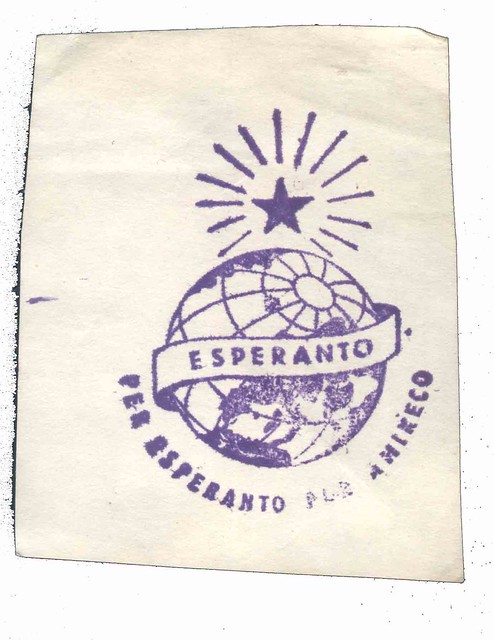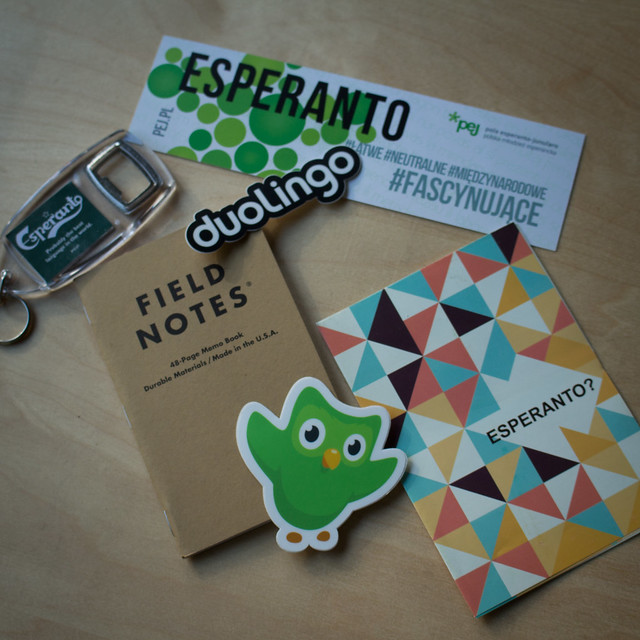
I’ll do my best to keep this somewhat brief.
When we think of all of the horrific things that humans are pushing to extinction, plants and animals are typically the first thing that comes to mind; then natural resources and the ozone layer; and then common sense and compassion for what we do to our world.
Not a great starter, but for linguists, geographers, anthropologists, historians, humanitarians, and social scientists, it gets worse, because as we live and breathe on this fascinating planet, about one language dies every two weeks. I assume that you speak English, since you’re reading this. Did you know that of the ~7000 languages spoken in the world, only eight are spoken by about 40.5% of the world’s ~6-7 billion people? Indeed, English is one of them. Congratulations, are you within the secure majority.
It’s thought that seventy-seven of these languages are spoken by +78% of the world, and that about 94% of the world’s languages are spoken by only 6% of the world’s population. In other words, more than half the world’s population speaks just twenty languages.
I shamelessly paraphrased the aforementioned information from the sixth edition of Language, Culture, and Society: An Introduction to Linguistic Anthropology (Salzmann, Stanlaw, Adachi), an amazing text book that you simply must read if you are as passionate about linguistics, anthropology, cognitive science, sociology, or biology as I hope that you are.
While we may have learnt about extinct languages at some point in our lives, i.e. Sumerian, Gothic, and most Celtic languages, not all of us may have learnt about the plight of language endangerment. Not too long ago, the last native speaker of the Cornish language died; because there were no more native speakers of Cornish, it was classified as an extinct language. After the language became extinct, England tried to revive the language by having street signs made in both English and Cornish, and publicly supported the teaching of it to the younger generation.
That’s all well and good, but why wait until the language is gone to try and save it? The exact same thing happened in North America, when the Jehovah-fueled settlers conquered and expanded throughout the natives’ lands. The missionary schools forced the teaching and use of English upon all students, Caucasian and Native American alike. If the Native Americans were to speak their mother tongue, even with their parents, they would be gravely punished. Towards the latter half of the twentieth century, however, the tables have turned, and the US government is strongly encouraging the revival and teaching of the desperately suffering native languages with the Native American Languages Act of 1990.
In this regard, Native American languages like Navajo are somewhat more secure, because their tribe has a larger population in comparison to the non-Natives that live in that part of the country; they have less pressure than the Blackfoot tribe to speak the English language that surrounds them so tightly. The Cherokee language also fares better than most, partially because it has an alphabet specifically designed for the language. Having written word is paramount in keeping records of a language, and thanks to Sequoyah, Cherokee’s verse is more secure. There is even a Cherokee keyboard on many smart devices!
However, teaching the younger generation the language of their people can only do so much. If there is not heavy reinforcement and reason to learn the language, most learners do not see the point in carrying it on. There is a dialect of French that is native to the state of Missouri; it’s called Paw-Paw French, and even though I’m from the Missouri Ozarks, I had never even heard of this language until it became news in 2014 that there were fewer than thirty speakers of the language left. Firstly, I would love to learn Paw-Paw French; it basically combines two languages that I already know and love, and I would be a part of the living effort to save it. Secondly, why would we wait until there were thirty elderly speakers left before this made headlines? Why aren’t French students in Missouri taught about Paw-Paw French? That would be an extremely convenient way to preserve it!
I watched several interviews when I learnt about Paw-Paw French, mostly with native speakers talking about the exact same issue and telling the exact same stories: They would hear their parents and grandparents use it to talk to each other, but this act of speaking around non-Créoles was somehow perceived as rude, and eventually, lowly. All it took was the English-speaking majority to make the Paw-Paw speakers feel bad enough about themselves, their language, and the culture associated with it to kill of the entire language. Thusly, as the generations went on, it was pooh-poohed to speak Paw-Paw French, and the youngsters eventually quit learning it.
This type of social confrontation is nothing new to our world. Slave owners would break up tribes so that no one slave could speak to another in their native tongue (which, in most cases, ended up in the creation of a new language, like Papiamento); the pressure in the world to learn either English or Chinese, just because so many people speak it; the influence of several languages forcing their place into another in order to modify it for the foreign language’s gain (this is what Norse and Latin did to Anglo-Saxon and Old English to make English). It’s nothing new, but it is happening at an equally alarming rate as the extinction of most everything else on the planet.
I’m particularly biased towards the lesser-known languages in my desire to learn them; for example, I intend on learning Irish, and would like to learn at least one other of its Celtic relatives, and next month, I begin Frisian courses. However, as painful as it is to admit, endangered languages are frequently much more difficult to learn because we do not have many readily available resources to learn them.
Thankfully, the Endangered Languages Project, which is one of many organisations aimed at the preservation of world languages, has several free resources online, and a lot of compelling information that might get at the heart of any polyglot.
The importance of preserving endangered languages is usually automatically downplayed by the public majority, because why would we put our dwindling care of the world into a language? Why learn something that nobody else knows, or why care about something that isn’t a large animal that my child may never get to see in a zoo?
Because, you nincompoop, languages are living histories! They are so vitally important to culture, and hold so much of our societal evolution as a race, that it is impossible to know everything that we could know without them. Languages are personalities, and the world is full of them, and they are all interesting and intricate in their own way. They reflect the lives of the peoples that speak them, and we want to keep those peoples alive. Diversity is what keeps our global culture alive, and languages contribute too much to human knowledge to be ignored.
I could go on further about this subject, but for the sake of not wanting to bore you with a novel, I strongly encourage that you learn about the endangerment of languages. Learn about ways to keep them alive, just as you would the snow leopard or the Great Barrier Reef; also, like you would with other precious things, do your part to preserve them. Learn them, if you want! Donate to UNESCO. Speak to natives about their language. Maybe you’ll become enchanted with a hidden corner of the world that you knew nothing about.
Do the world, and yourself, a favour: adopt an endangered language.





